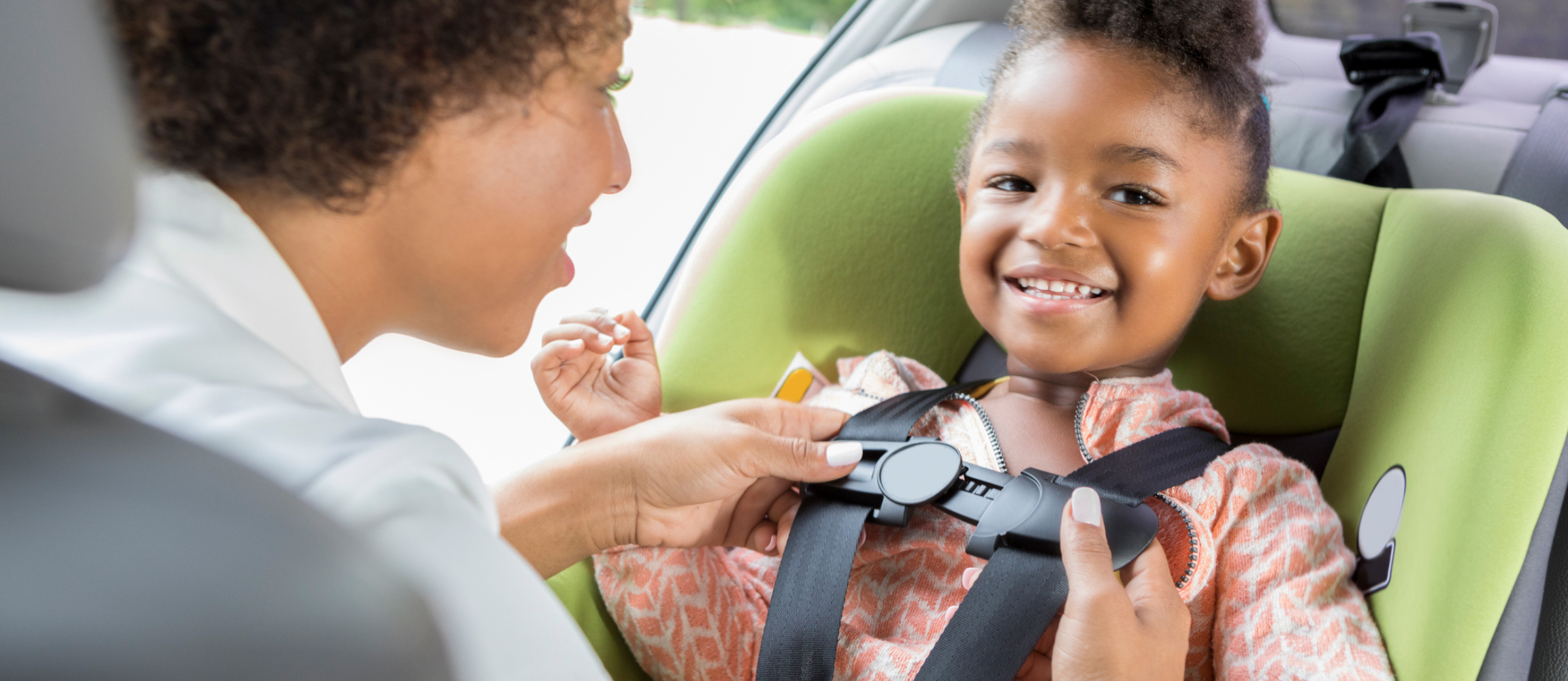Error message
How You Can Prevent Hot Car Deaths
July 27, 2022
By: Paige Stewart
Categories: Family Medicine, Healthy Living, Pediatrics
Each time we hear of another tragic death due to leaving a child alone in a hot car, many parents find themselves asking how someone could ever make this deadly mistake. The unfortunate truth is that it’s easier than you may think.
Parenthood is hectic. When you drive anywhere with a little one, there’s always a lot to load into the car, including your child. While you’re driving, there might be a lot on your mind: work, bills, a phone call, what’s for dinner. When you arrive at your destination, you may not remember how you got there – or that you forgot to drop your child off at daycare and they’re still in the backseat.
Other times, parents might be tempted to leave a sweet, sleeping baby in the car while quickly running an errand or two. But leaving a child alone in a vehicle for any amount of time can lead to serious injury or death from heatstroke, especially during these extremely hot Florida summers.
Although you may think you’d never make this mistake, research shows that it can happen to anyone, not just negligent or irresponsible parents. In fact, most hot car deaths happen when a loving and responsible parent unknowingly leaves the child behind.
More than 900 children have died in hot cars since 1998, with Florida being the second most common state for this to happen. The year 2019 was the deadliest year for children forgotten in hot vehicles with 53 deaths, according to the National Highway Traffic Safety Administration.
Jan Null, CCM founder of NoHeatStroke.org and part of the Department of Meteorology and Climate Science at San Jose State University, has been tracking vehicular heatstroke deaths since 1998. Among the trends that he has discovered are:
- About 46% of the time when a child was forgotten, the caregiver meant to drop the child off at a daycare or preschool.
- Thursdays and Fridays — the end of the workweek — have the highest deaths.
- More than half of the deaths (54%) are children under 2 years old.
David Diamond, PhD, a memory specialist and University of South Florida professor, has also researched hot car deaths extensively and found that most of the time, a parent or caretaker loses awareness that the child is in the backseat because of a type of memory loss called “prospective memory.” Prospective memory is a failure to remember to execute a plan in the future, like dropping your child off at daycare on your way to work.
Some advancements in automotive technology and new features are helping to prevent hot car deaths but may not be available to everyone. Here are some helpful tips from Tallahassee Memorial HealthCare (TMH) and Safe Kids Big Bend to help parents and caregivers prevent hot car heatstroke.
To prevent hot car deaths, remember to A-C-T!
- Avoid heatstroke related injuries and deaths by never leaving a child unattended in a vehicle. Make sure to keep your vehicle locked when you are not in it, so kids aren’t able to get inside on their own. Teach children that it’s never safe to play in a car. If a child is missing, check your cars immediately.
- Create reminders for yourself. Here are some ideas:
- Keep a stuffed animal or keepsake in your child’s car seat when it’s empty and move it to the front of the car as a reminder when your child is in the back seat.
- Place your phone, purse or other personal items in the backseat when traveling with your child.
- Take off a shoe and put it in the backseat with the child to guarantee you don’t forget your little one.
- Take action. If you see a child alone in a vehicle, call 911 immediately. Emergency personnel are trained to respond to these situations and want you to call. Even if the child appears alert, they should be removed from the hot vehicle as soon as possible and evaluated by a medical professional.
For more child and family safety tips, sign up for TMH’s Sweet Peas Pregnancy & Parenting Club.
Sources: Safe Kids Worldwide, NoHeatStroke.org, KidsAndCars.org, National Traffic Safety Administration




